The Beatles may have triggered the tradition of boy bands in the music industry, but it is John Lennon whose name invokes just a bit more awe and reverence than McCartney, Ringo, or Harrison. Decades after the singer’s tragic assassination, despite a life left incomplete, Lennon continues to impact lives across the planet, weaving threads of idealism among the masses.
With their presence setting off the crowds at every concert and show, the latitude of the band’s influence in the global socio-cultural landscape was unprecedented. Beatlemania became a phenomenon that was felt in the marrows but never capable of being described in words.
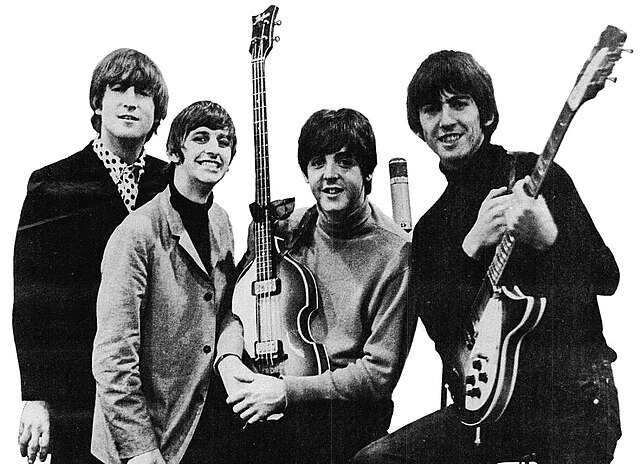 The Beatles [Credit: The Recording Academy]
The Beatles [Credit: The Recording Academy]Soon after the Beatles’ cataclysmic rise, Lennon quickly became accustomed to the fact that a life lived in fame and under the spotlight of celebrity glamor was not all that it was cracked up to be. Charities, for one, were a particularly sore topic for the singer-songwriter who once preached All You Need is Love.
John Lennon Found a Target Worthy of His Rage
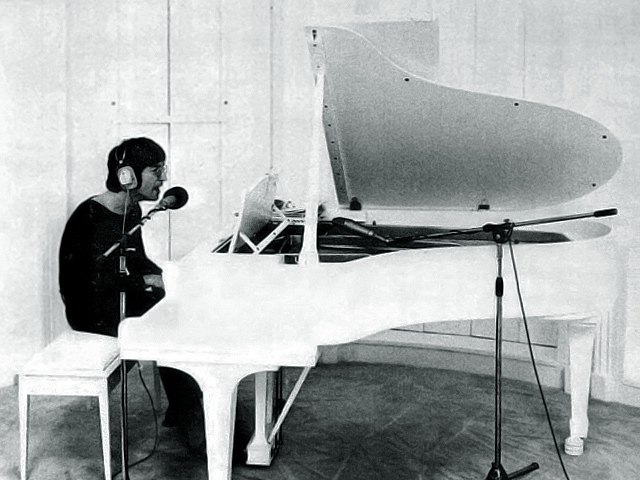 John Lennon, as pictured in an advertisement for Imagine in September 1971 [Photo by Peter Fordham for Billboard]
John Lennon, as pictured in an advertisement for Imagine in September 1971 [Photo by Peter Fordham for Billboard]The singer who healed billions with Imagine and almost made the concept of world peace seem tangible was in fact upset with the whole structure of charities in show business. From a certain point of view, John Lennon was right to be angry with the fraudulent system.
However, when put into context in reference to the Rolling Stones singer Mick Jagger or even fellow Beatle George Harrison, Lennon stands out as the odd one. For an idealistic singer preaching love and world peace, his disgust for charities stemmed from a deeply personal belief. According to Lennon:
[Charities are] an absolute rip-off, but it makes the artist look good. ‘Isn’t he a good boy!’ It’s all a goddamn rip-off. So forget about it. Anybody I want to save will be helped through our tithing, which is 10 percent or whatever of what we earn.
Despite this business-minded philosophy that John Lennon adopted, he was somewhat right to look out for himself in a cutthroat world that is defined by the Darwinian ideology of survival of the fittest. Although a few charities would not have put a large enough dent in his reputation or accounts, Lennon had his fair share of eccentricities pardonable on account of his revolutionary legacy.
Charities Made John Lennon Fly Off the Handle
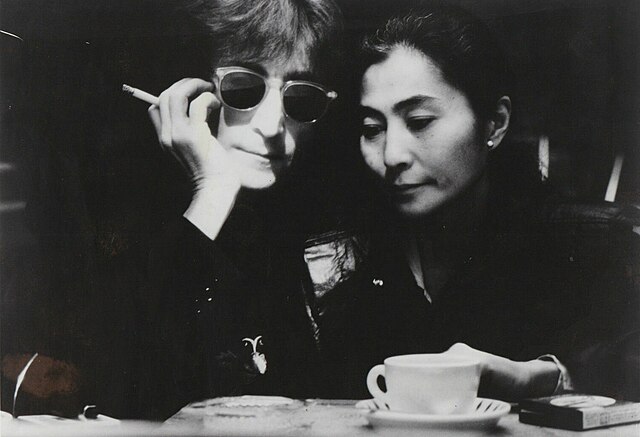 John Lennon and Yoko Ono in 1980 pose for a publicity photo for their album Double Fantasy [Credit: Kishin Shinoyama; Distributed by Geffen Records]
John Lennon and Yoko Ono in 1980 pose for a publicity photo for their album Double Fantasy [Credit: Kishin Shinoyama; Distributed by Geffen Records]John Lennon had his own faults and flaws as a person, but his vehement animosity against Mick Jagger was catalyzed by his pride. The Beatles frontman believed that his band’s iconic status clashed with the mainstream commercial identity of singers who would agree to headline a charity event at the drop of a hat.
In the book, All We Are Saying: The Last Major Interview with John Lennon and Yoko Ono, Lennon explained:
I will tell you that whenever people think they can get a Beatle, they can get other people — ‘and friends’ is the big game. That means [Bob] Dylan, God, Jesus, Mick [Jagger], and Elton [John] will happen to show up, too. They get a Beatle and they want to pad the show with 40 other acts. They don’t understand that there’s always this terrible atmosphere, equipment problems, double time for the unions — the guy who is putting on the lights, carrying the bags, for promoting it — everybody else is getting paid except for the musicians.
Despite his views which were seemingly biased in their inherent nature, John Lennon took care to account for the logistical anomalies that go hand-in-hand with orchestrating a charity event. Lennon may have refused to headline a show that didn’t end with a paycheck lining his pockets, but he was also steadfast in considering and sympathizing with the “terrible atmosphere” of the show behind the curtains that would otherwise escape the public eye.
.png)
 2 hours ago
6
2 hours ago
6
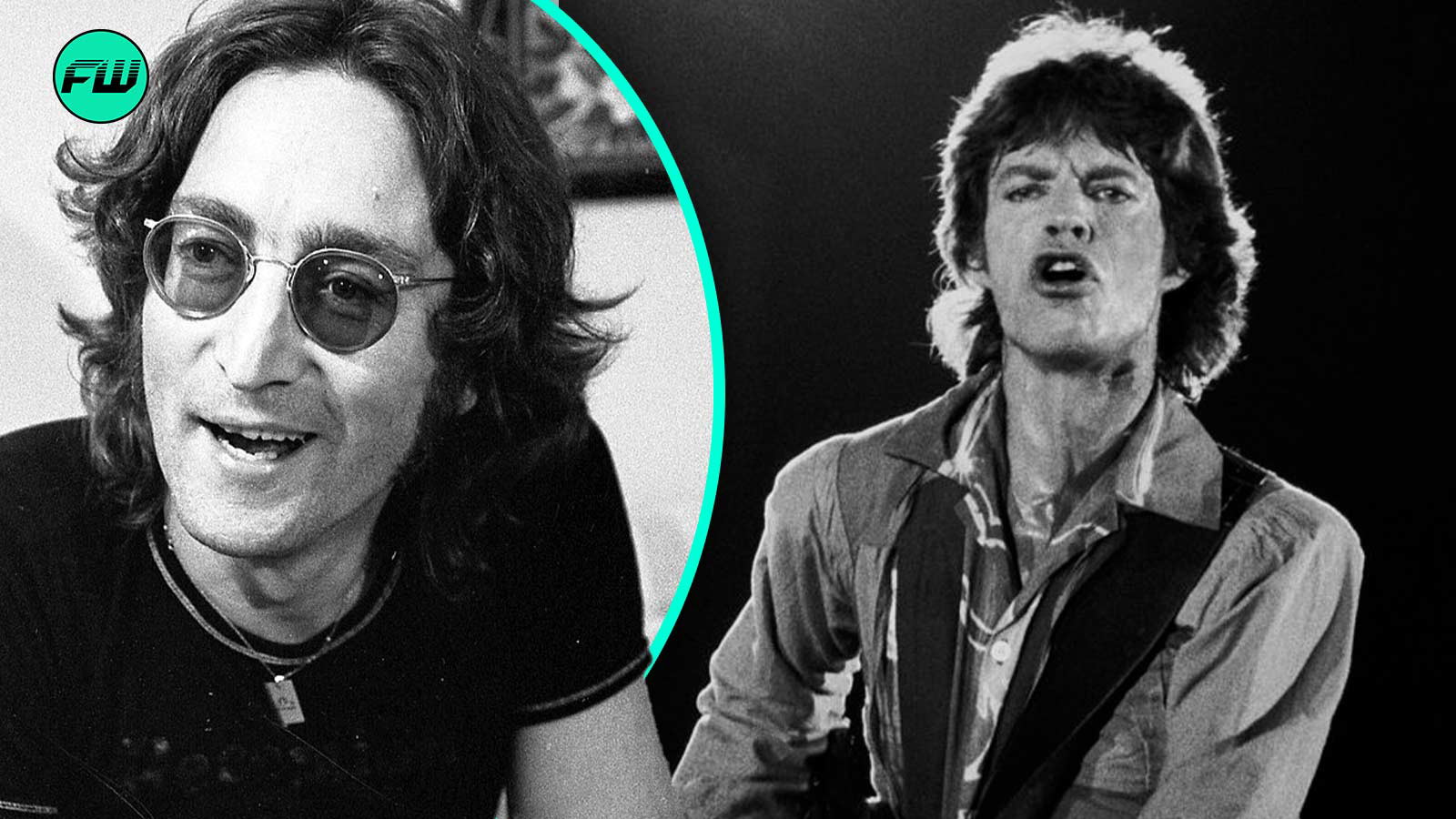



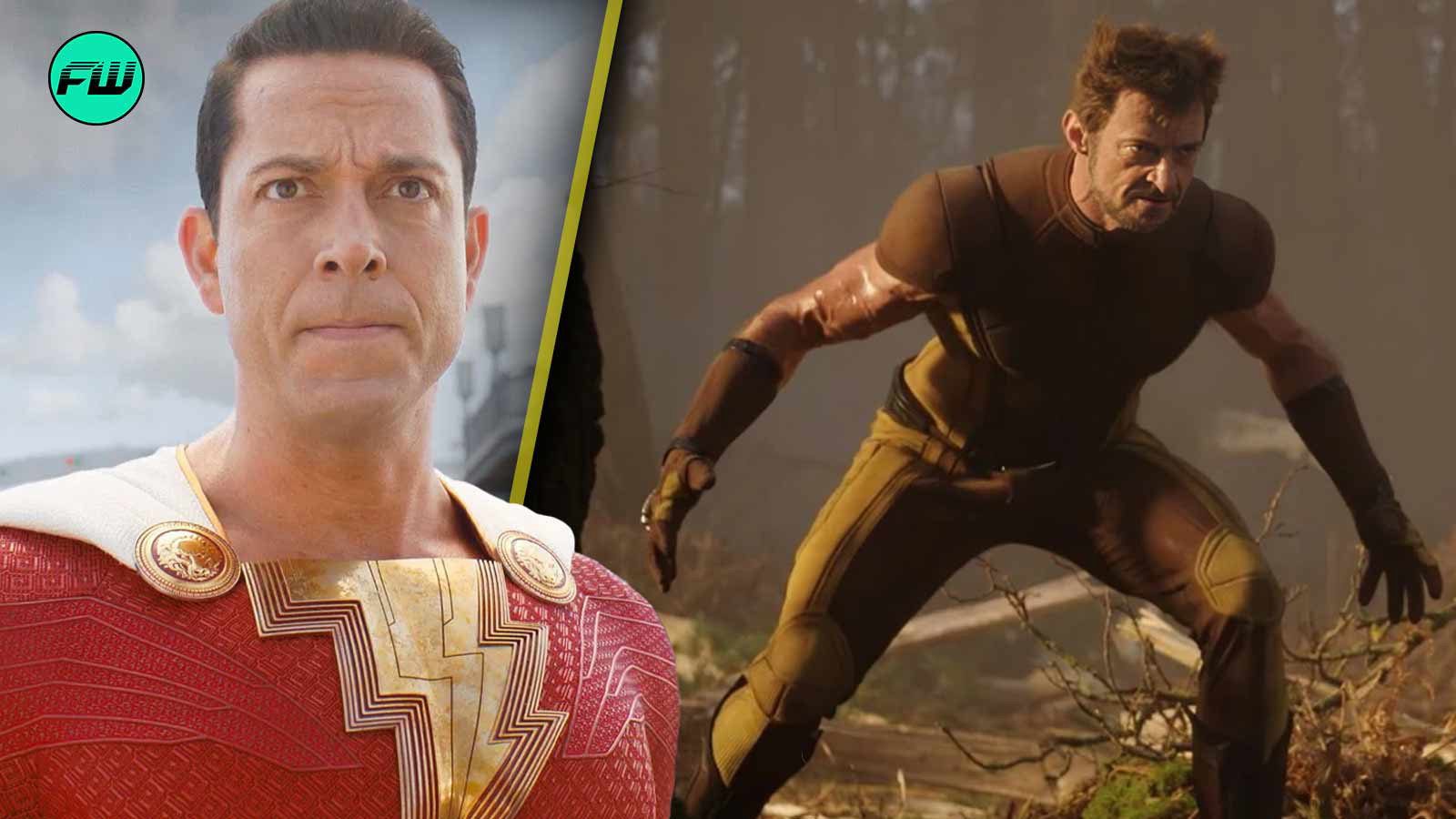
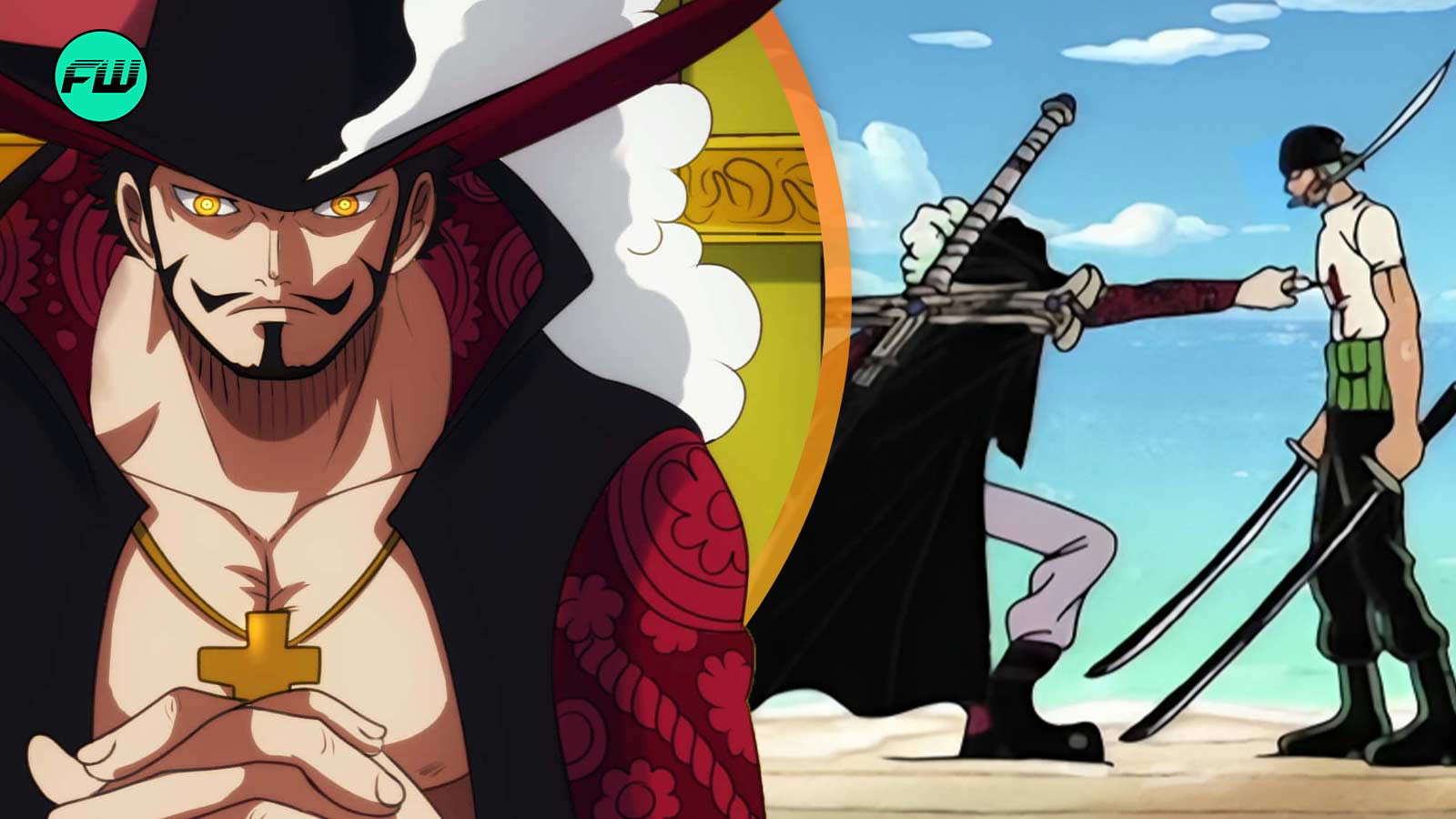

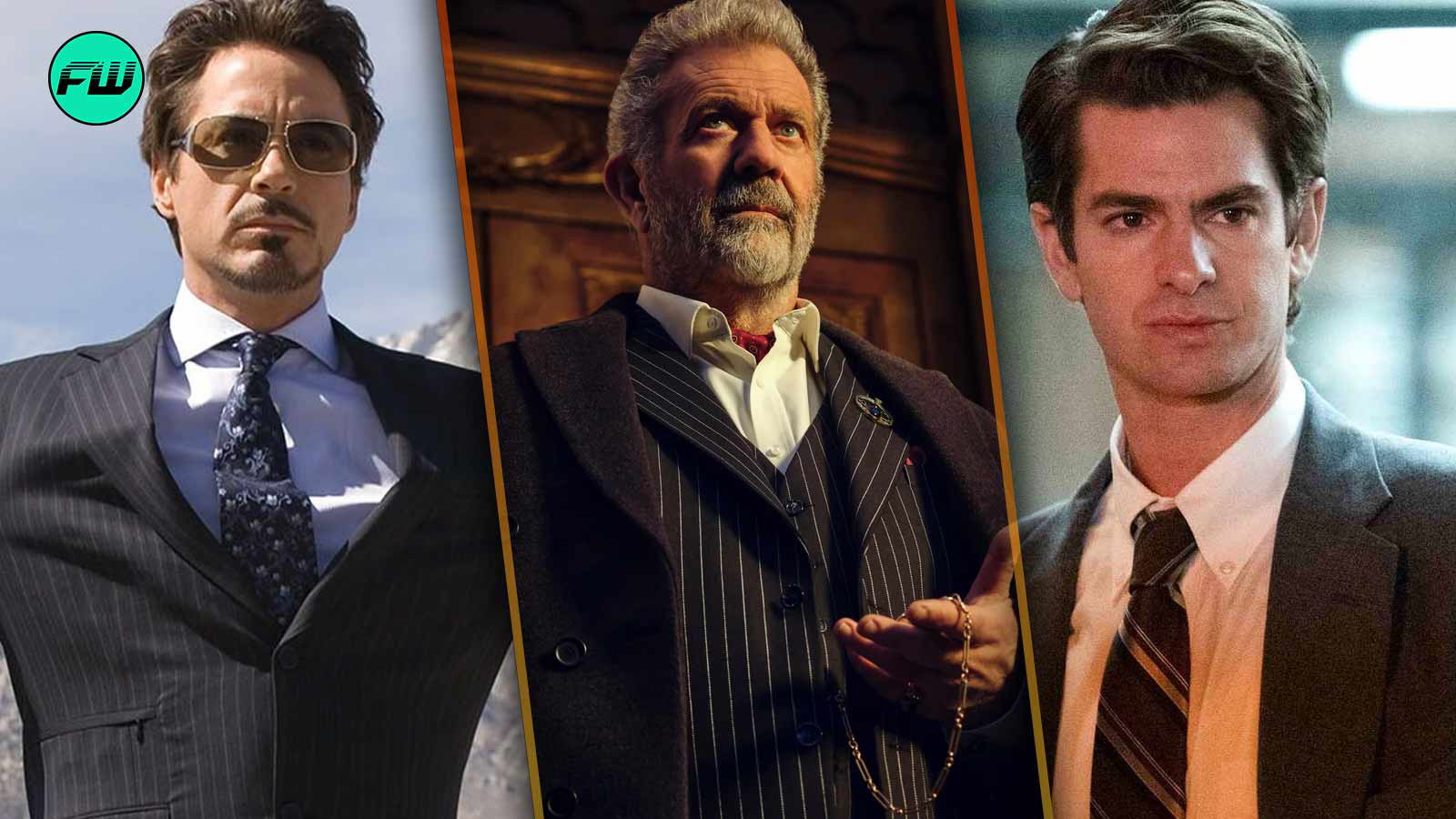

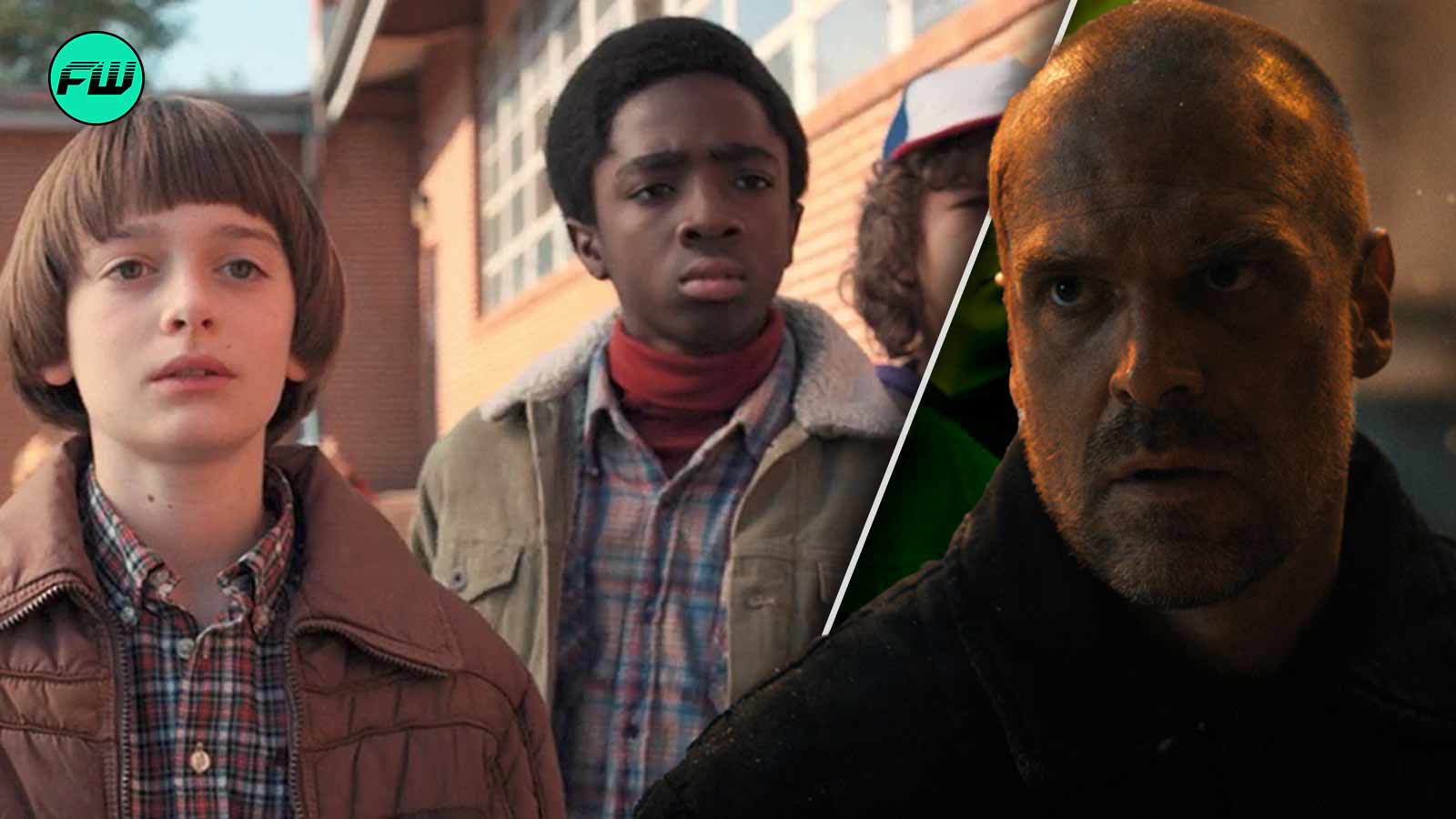
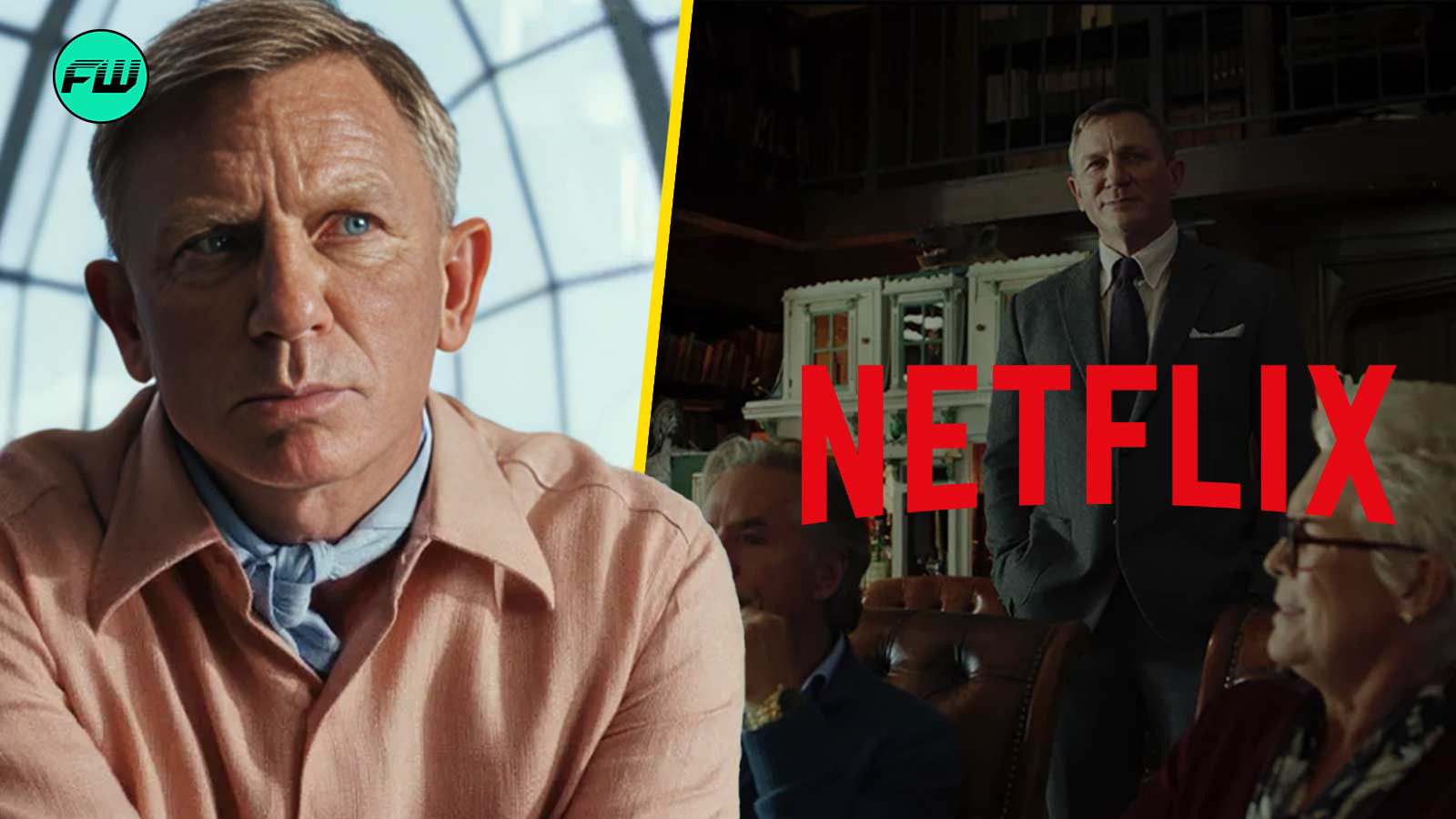
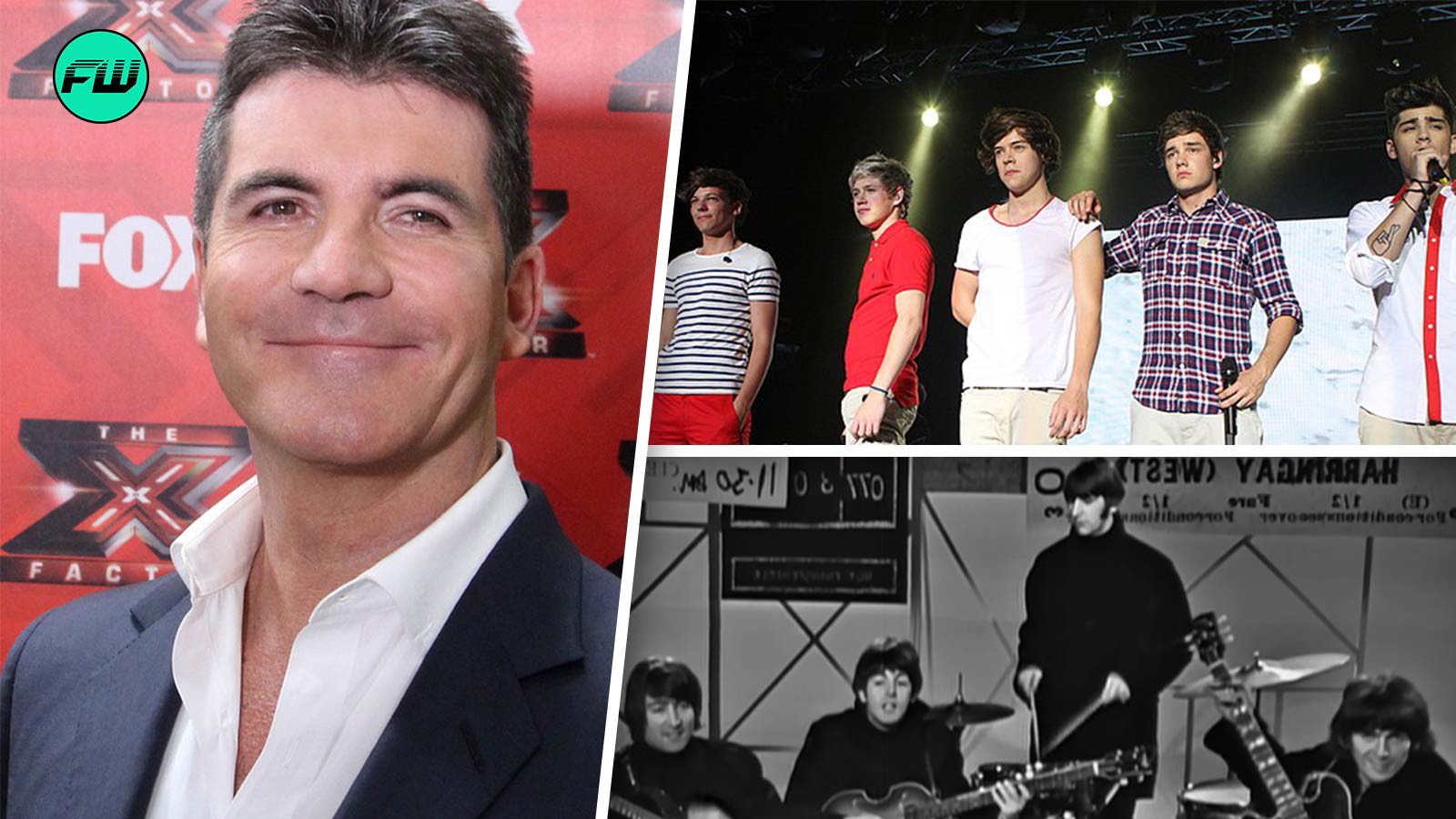

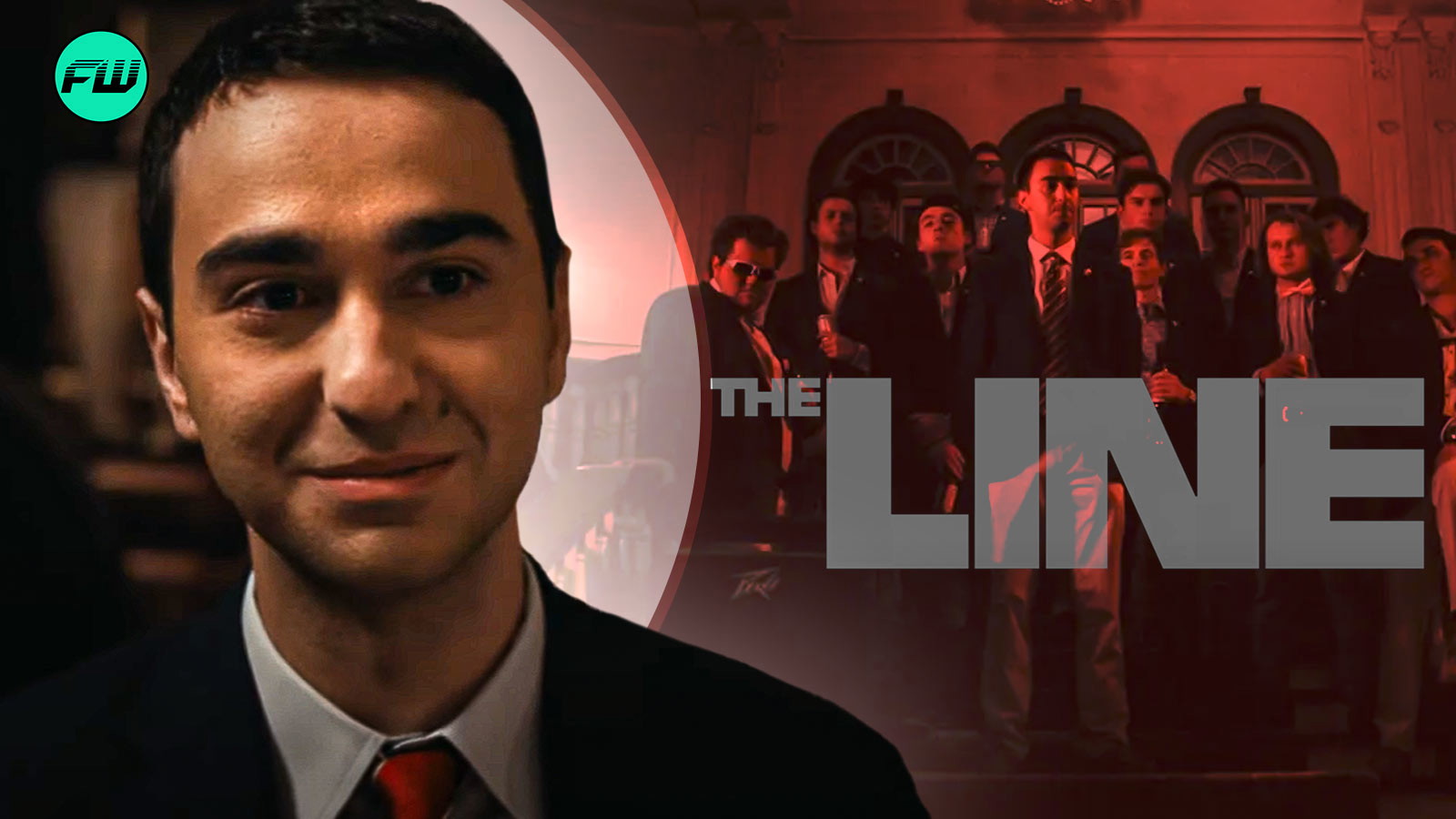














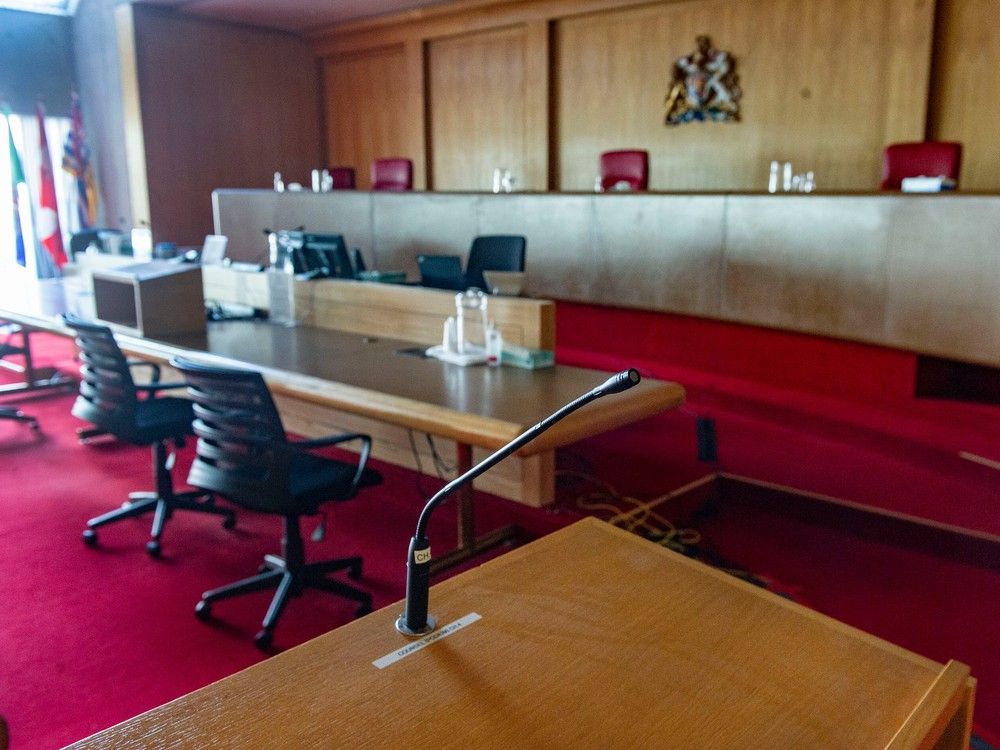

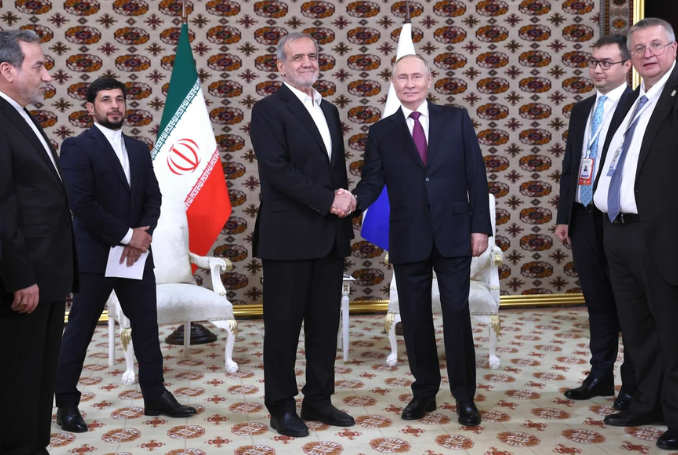



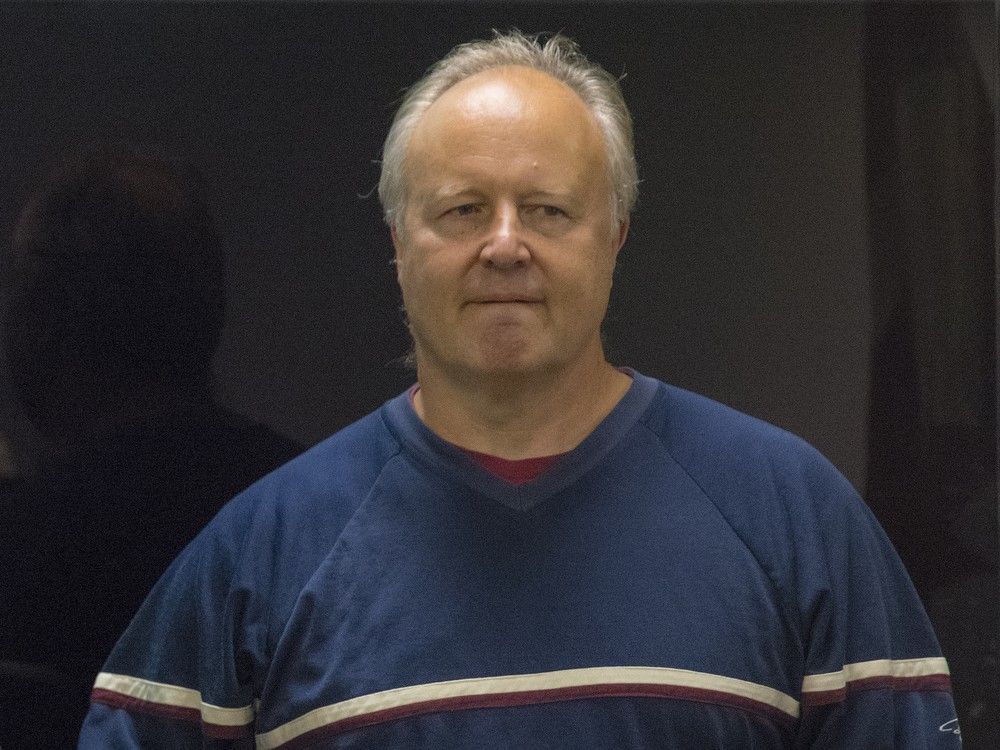
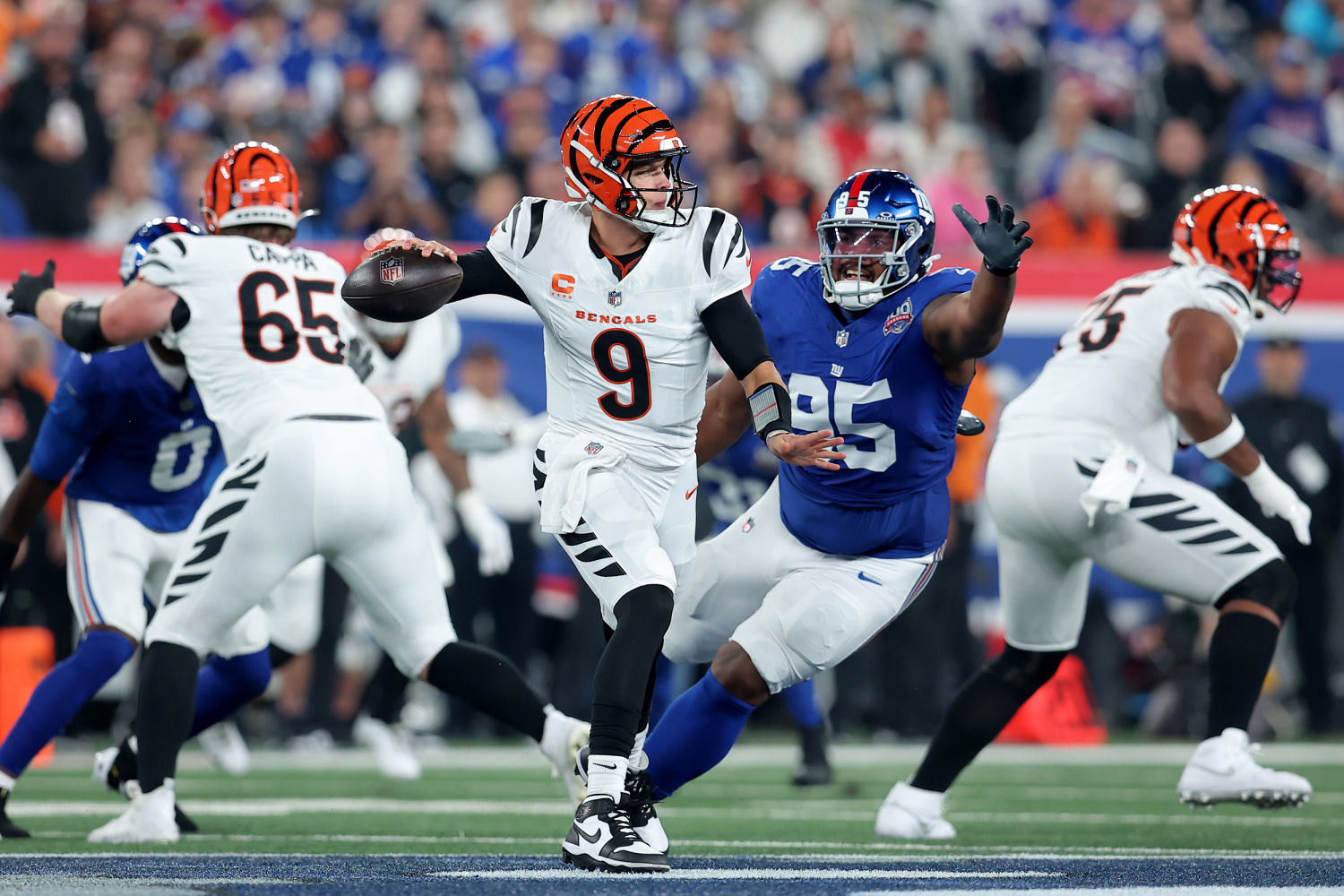
 Bengali (BD) ·
Bengali (BD) ·  English (US) ·
English (US) ·